
By Joshua Worlasi AMLANU & Ebenezer Chike Adjei NJOKU
As the cedi remains on course to record its first sustained appreciation against the US dollar in years, economists and industry leaders are warning that the country’s currency stability will remain fragile unless underpinned by stronger local ownership of production and value creation across key sectors of the economy.
At the 2025 Ghana Economic Forum (GEF) in Accra, which focused on ‘Currency Stability – A Reset for Sustainable Economic Growth’, panellists at the first plenary session on Finance and Economy argued that recent macroeconomic gains, though significant, must translate into structural reforms which allow citizens and local enterprises to hold a larger stake in national wealth.
The discussion, themed ‘Resetting Ghana’s Currency and Financial Framework: Building Resilience Beyond the IMF Programme’, featured speakers including Abena Amoah, Managing Director-Ghana Stock Exchange (GSE); Joe Jackson, Chief Executive Officer-Dalex Finance; Professor Patrick Opoku Asuming, Economist-University of Ghana Business School; Dr. Ishmael Dodoo, Director and Head of Innovative Finance-24-Hour Economy Secretariat; Ebenezer Amankwah-Minkah, Executive Director-Centre for Economic Research and Policy Analysis (CERPA); and Humphrey Ayim-Darko, President-Association of Ghana Industries (AGI).
While the cedi’s appreciation has been buoyed by a combination of prudent fiscal management, monetary restraint and record gold prices, speakers agreed that Ghana’s long-term economic resilience depends less on short-term macroeconomic success and more on the degree to which value from production remains within its borders.
Local value retention and ownership
Mr. Joe Jackson of Dalex Finance said Ghana’s currency gains reflect an improvement in fiscal discipline and external conditions, but warned that these factors are not sustainable without a deeper reorientation of economic ownership.
“Our fundamentals have benefitted from a combination of good headwinds and improved discipline. But we must harvest these good winds wisely. If we fail to build systems that keep value at home, the cedi will eventually expose our weaknesses again,” he argued.
Mr. Jackson noted that much of Ghana’s export activity continues to yield limited domestic value.
“When you take gold and cocoa out of the equation, we retain less than ten percent of the value from our non-oil exports. We are exporting raw wealth and importing poverty,” he added.
He called for government to adopt a model similar to Coocobod’s revenue retention strategy in other sectors, ensuring that a larger share of foreign exchange earnings remains in the country.
From ownership of shares to production ownership
Echoing the same concern, Ms. Abena Amoah of Ghana Stock Exchange said the country’s economic reset must begin with a redefinition of ownership itself.
“Any conversation about resetting the economy must include a conversation about owning the economy,” she said.
She explained that Ghana’s ten percent carried interest in gold and similar resource-based investments yields little tangible benefit because most state-owned enterprises in the extractive and manufacturing sectors are unprofitable or underperforming.
“We need to move from owning shares to owning production,” she noted.
Ms. Amoah argued that Ghana should adopt production-linked equity models in strategic sectors, particularly gold, cocoa and oil, allowing the state to hold part of actual output rather than symbolic ownership stakes.
This, she said, will enable government to build real asset reserves and support the cedi with production-based value.
She cited the example of MTN, which listed 30 percent of its shares on the GSE as part of a local content requirement.
“Because of that, 30 percent of MTN’s profits – over GH¢1billion – stayed in the country through dividends paid to Ghanaian investors. That is what economic ownership looks like,” she noted, comparing it to the more than US$2billion which made its way from the country into cryptocurrency in 2024 alone.
“We cannot build a resilient currency on borrowed capital and imported production. We must own what we produce and produce what we own,” she further stated.
Capital markets and democratisation of wealth
GSE’s MD further highlighted the role of capital markets in retaining national value and reducing dependence on external borrowing.
“When Ghana was locked out of international capital markets, it was domestic investors who shouldered the impact from the Domestic Debt Exchange Programme,” she said.
She noted that a stronger domestic capital market would democratise ownership by enabling ordinary Ghanaians to invest in productive enterprises at home, rather than in foreign markets where Ghana-based companies often list.
“If our major mining and telecom companies were listed here instead of in Toronto or London, the value they create would circulate within our economy,” she said.
She cautioned against fiscal measures that disincentivise local investment, citing the reintroduction of capital gains tax on securities as a setback to investor confidence and long-term wealth accumulation.
“A stable and growing capital market is one of the most powerful tools for retaining value and protecting the cedi,” she said.
Industry and production linkages
From the perspective of industrial competitiveness, Mr. Humphrey Ayim-Darko of the Association of Ghana Industries said weak local content in government procurement continues to undermine domestic production and foreign exchange stability.
He cited examples such as COCOBOD’s continued importation of cocoa sacks, which could easily be produced locally – arguing that the state’s own procurement choices are inconsistent with its industrialisation goals.
“We cannot talk about supporting local industry while using taxpayer money to buy imported goods the country can produce,” he said.
Mr. Ayim-Darko called for deliberate enforcement of local preference clauses in the Public Procurement Act, arguing that government purchasing power should be leveraged to stimulate domestic production, strengthen supply chains and reduce import dependency.
“If we want a strong cedi, we must align procurement with production,” he added.
Informal sector and integration challenges
Mr. Ebenezer Amankwah-Minkah of CERPA added that while institutional reforms such as establishing the Goldbod have improved value retention, smuggling and informal trade continue to undermine the effectiveness of such measures.
He argued that Ghana’s informal sector, which dominates employment and entrepreneurship, must be formally integrated into the value retention framework.
“If the smallholder farmer or informal trader cannot access capital or formal markets, then the economy remains dualistic and fragmented,” he said.
He proposed that government work with financial institutions and cooperatives to formalise and support small producers, thereby expanding the domestic investment base and strengthening local ownership.
Building structural resilience
The 24-Hour Economy Secretariat’s Dr. Ishmael Dodoo tied these discussions to government’s broader structural transformation agenda. He said the Grow24 strategy, which underpins the 24-Hour Economy initiative, is designed to convert macroeconomic stability into productive transformation by building local capacity and value chains.
According to Dr. Dodoo, over 300,000 hectares of land have been secured for strategic investment across major growth corridors, including cassava, soy, rice, maize and sugarcane.
He said government has also organised 60,000 smallholder cooperatives and signed investment agreements with more than ten major partners to boost agro-processing and manufacturing for export.
“The key to resilience is ownership and productivity. We must move from celebrating stability to institutionalising it through real production,” he said.
Sustaining discipline and transforming structure
On his part, Prof. Patrick Opoku Asuming stated that while macroeconomic policies have restored confidence, long-term stability depends on the economy’s structural transformation.
“If the fundamentals are weak, we know what happens to the exchange rate. We must therefore treat this moment of stability as an opportunity to build resilience, not to relax discipline,” he said.
He called for continued fiscal prudence, improved tax compliance and sustained investment in productive sectors that generate export value and employment.
The post Economic ownership key to sustaining cedi stability — experts appeared first on The Business & Financial Times.
Read Full Story
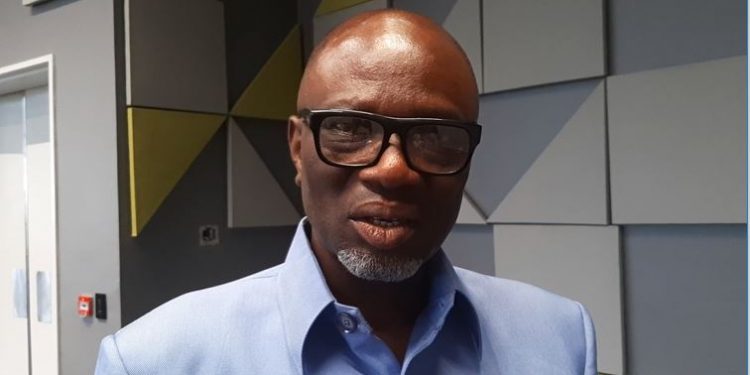

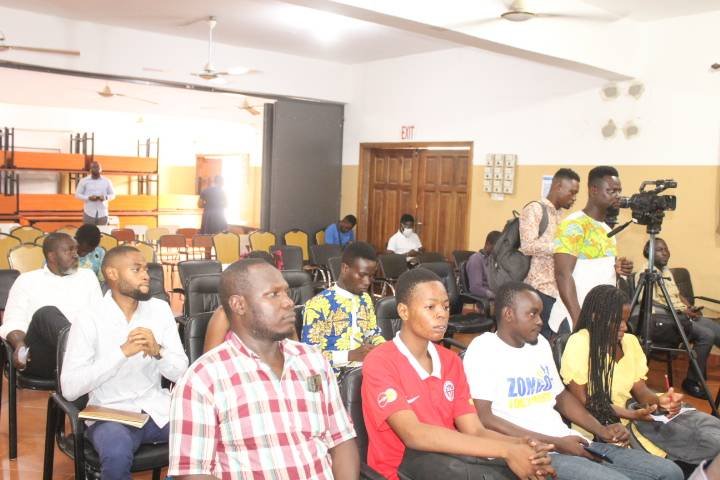





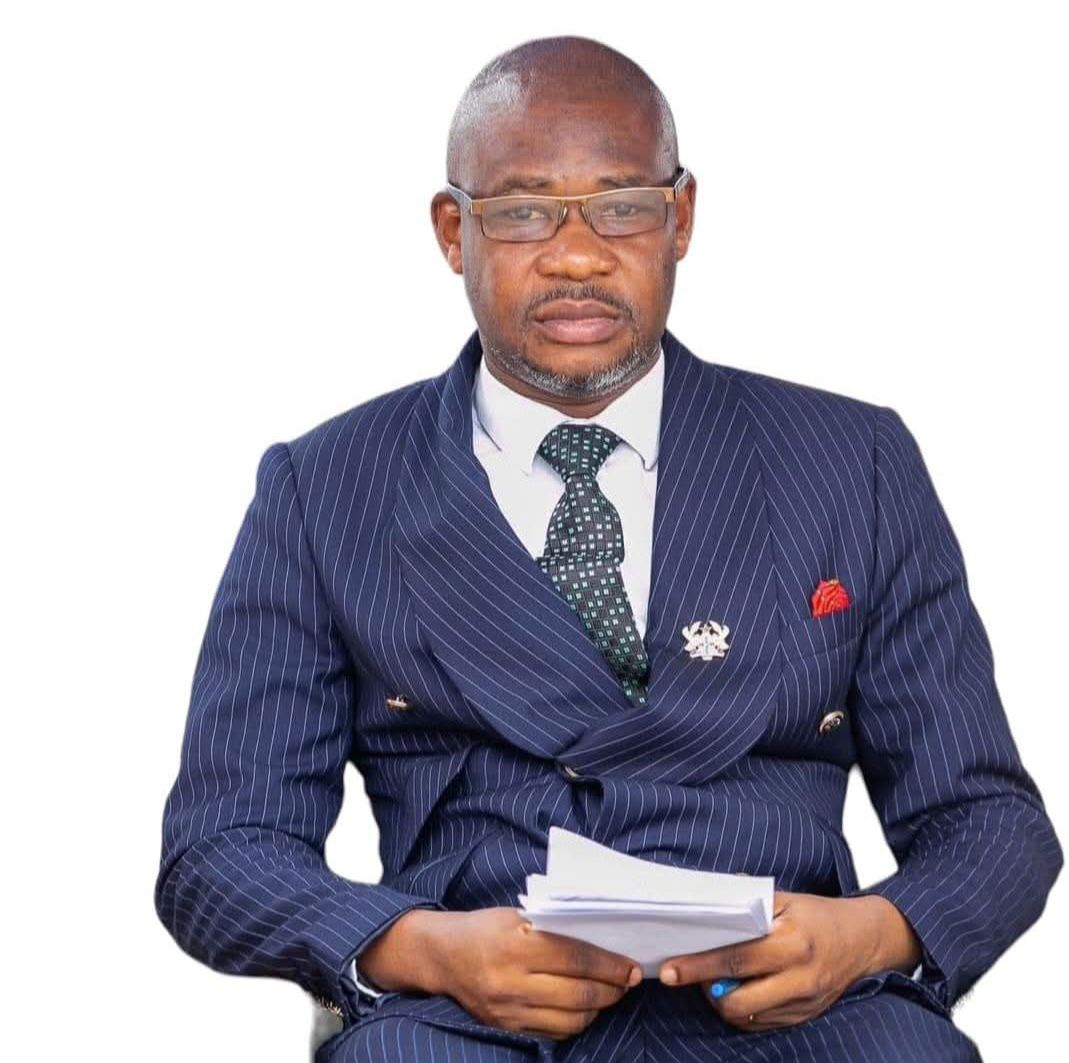




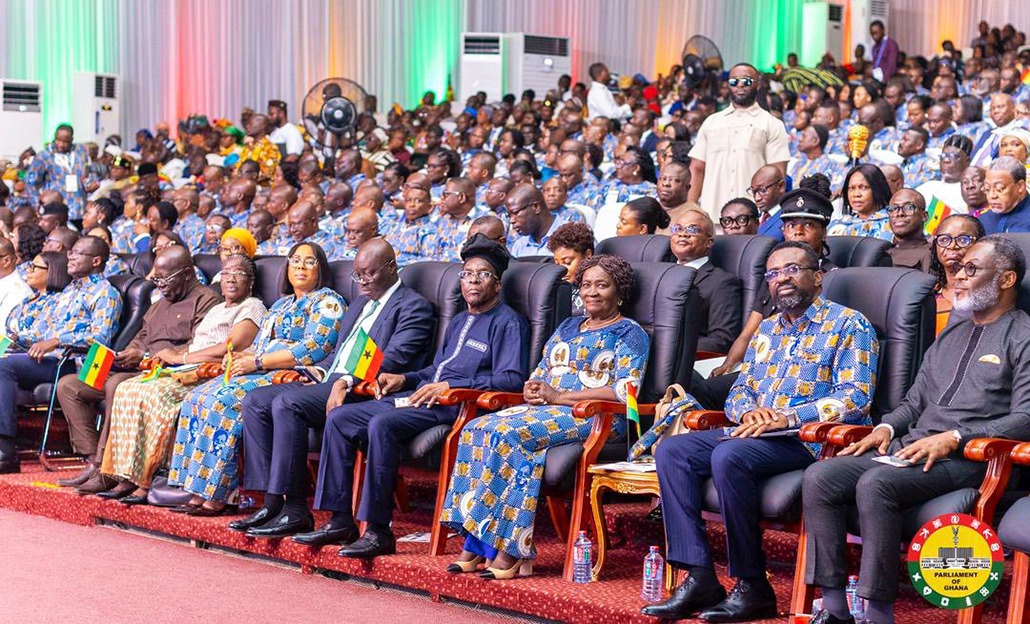
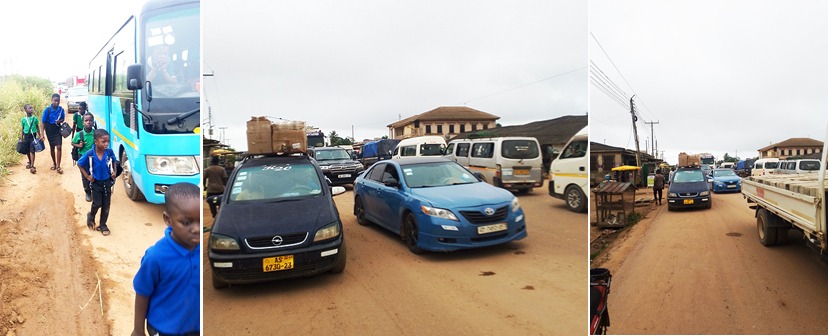

Facebook
Twitter
Pinterest
Instagram
Google+
YouTube
LinkedIn
RSS